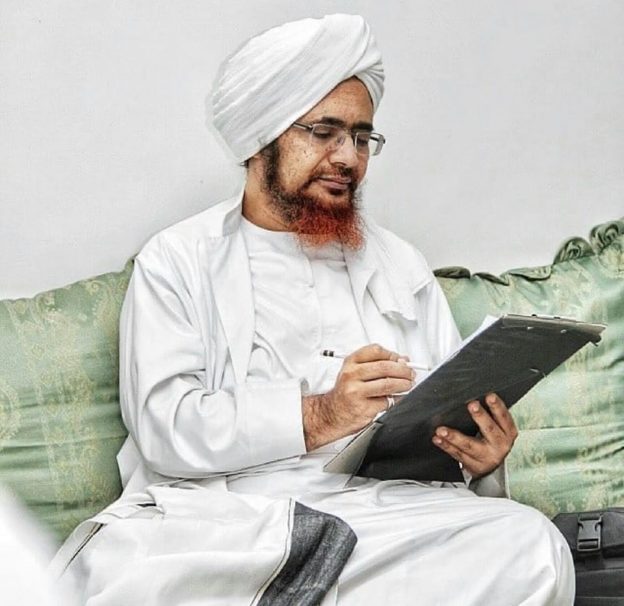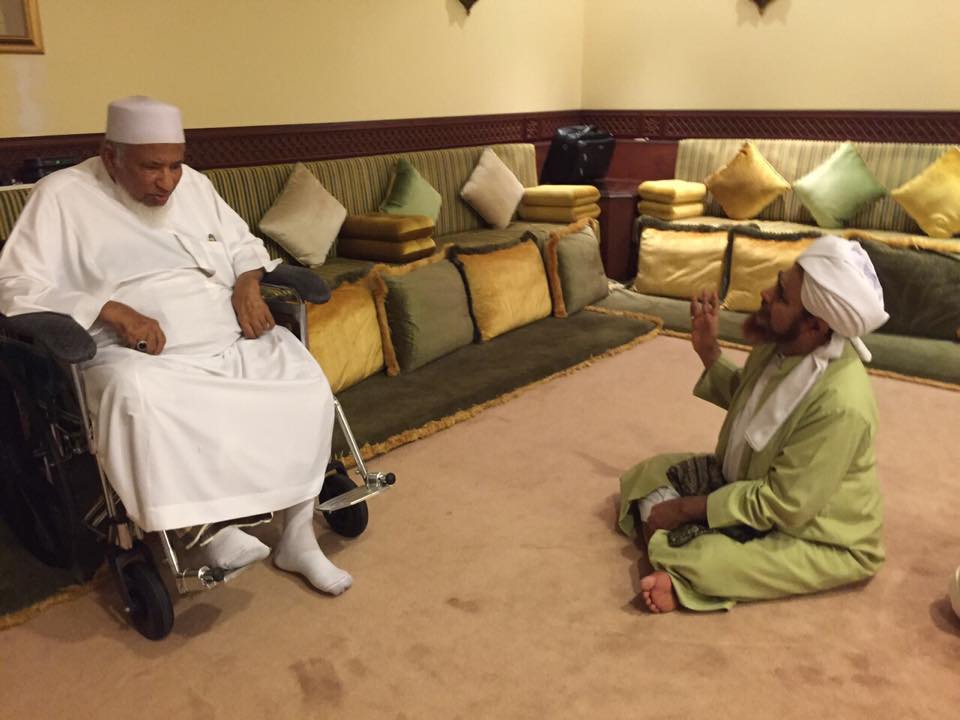Answered by Sayyidi Habib Umar bin Hafiz (may Allah protect him and benefit us by him)
When can someone be said to be an `alim (scholar)?
Linguistically anyone who has even one piece of Islamic knowledge is an `alim (literally someone who knows). Technically speaking there is consensus that an `alim is someone who is qualified to make ijtihad (independent legal reasoning) and issue fatwa (formal legal opinion). Someone who has attained a large amount of knowledge but has not reached this level may also be called an `alim, but there is no consensus on this.










